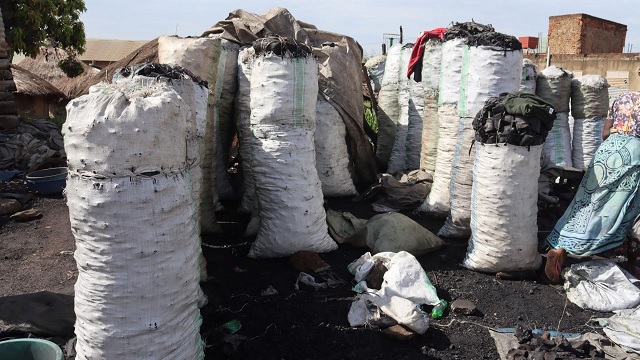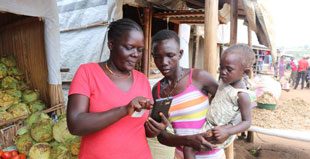
Enforcers should adhere to just energy transition principles that necessitate a manner that is both fair and inclusive
COMMENT | WALTER AKENA | In May 2023, the President issued Executive Order No. 3 banning large-scale commercial charcoal production and trade in Northern Uganda. This directive aimed to curb the rampant deforestation that has severely affected the region and exacerbated the effects of climate change. However, as implementation of the order commenced, enforcers have expanded its scope to include even small-scale charcoal production for domestic use. The extension of the ban’s scope has caused charcoal prices to skyrocket, with a single bag in Gulu now costing Shs90,000—an unaffordable sum for a region where 43.8% of the population lives in poverty, as per the 2019/2020 Uganda National Housing Survey.
Northern Uganda has historically relied on firewood and charcoal, as its primary cooking fuel. This reliance is driven by the region’s socio-economic challenges, where poverty makes alternatives like gas or electricity financially inaccessible for many. The sharp increase in charcoal prices has thrust an already vulnerable population into a critical situation, where the inability to afford cooking fuel could lead to widespread hunger and malnutrition.
Addressing climate change undeniably requires a fundamental shift to low or zero carbon energy. However, this transition must be managed justly and equitably to avoid unintended consequences. A just energy transition necessitates moving toward sustainable energy sources in a manner that is both fair and inclusive, especially for vulnerable populations. The current implementation of the charcoal ban in Northern Uganda appears to overlook this principle. By eliminating a primary fuel source without offering viable alternatives, the government risks exacerbating the vulnerabilities of an already impoverished population.
The rising charcoal prices are not just an economic burden but also a survival issue. For many households in Northern Uganda, spending Shs90,000 on a bag of charcoal leaves little to no money for essential items like food, medical care, clothing, and school fees. Targeting charcoal for domestic use in the ban risks intensifying poverty and worsening hunger in these communities.
While the Executive Order aligns with Uganda’s broader climate action goals, its success hinges on the availability of affordable alternatives. For Northern Uganda, the transition to cleaner energy sources must be gradual and carefully managed to avoid excluding those living in extreme poverty.
One potential solution is to promote improved stoves that reduce charcoal and firewood consumption, thereby decreasing overall demand. Alternatively, subsidizing liquefied petroleum gas (LPG) or other clean energy sources could make them more affordable for low-income households. Additionally, the government could invest in community-driven initiatives that encourage sustainable energy use and create employment opportunities in the green energy sector.
As Northern Uganda faces the impacts of the charcoal ban, it is clear that a more balanced approach is needed—one that respects the principles of a just energy transition. The government must acknowledge the specific challenges faced by impoverished communities in the region and provide adequate support to facilitate the transition to alternative energy sources.
Until viable clean energy options are available in Northern Uganda, it would be prudent to restrict the ban’s enforcement to large-scale commercial charcoal production and trade. Small-scale domestic use should be exempt to avoid undue hardship on local households. Without such measures, the ban risks becoming an unsustainable policy that exacerbates poverty and food insecurity in the region.
While the ban’s environmental objectives are commendable, its current implementation is unsustainable for a population struggling to survive. The government must provide alternative fuel options to ensure a fair and equitable transition to sustainable energy. This approach is essential for Northern Uganda to address both poverty and environmental degradation effectively.
*****

The Writer is a Research Officer under the Local Government Council Scorecard Initiative at ACODE
 The Independent Uganda: You get the Truth we Pay the Price
The Independent Uganda: You get the Truth we Pay the Price



